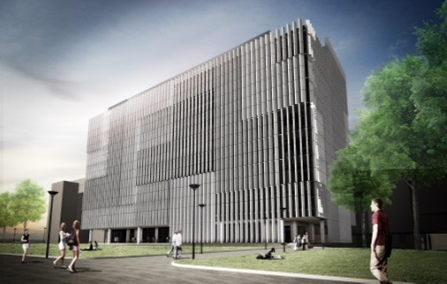I wanted to reach out to everyone in this blog post and share with everyone some awesome...
Accelerator
Guest post by Josh Flannery, Manager, Student Entrepreneur Development , University of NSW. Josh has a Master of Business &...
The University Of New South Wales (UNSW) has started to get real Entrepreneurial and Innovation momentum. There are...
This warehouse is emptied every two days. A few small changes to operations can make a huge...
NewSouth Innovations the commercial arm of UNSW has teamed up with the Sydney Seed Fund to run...




